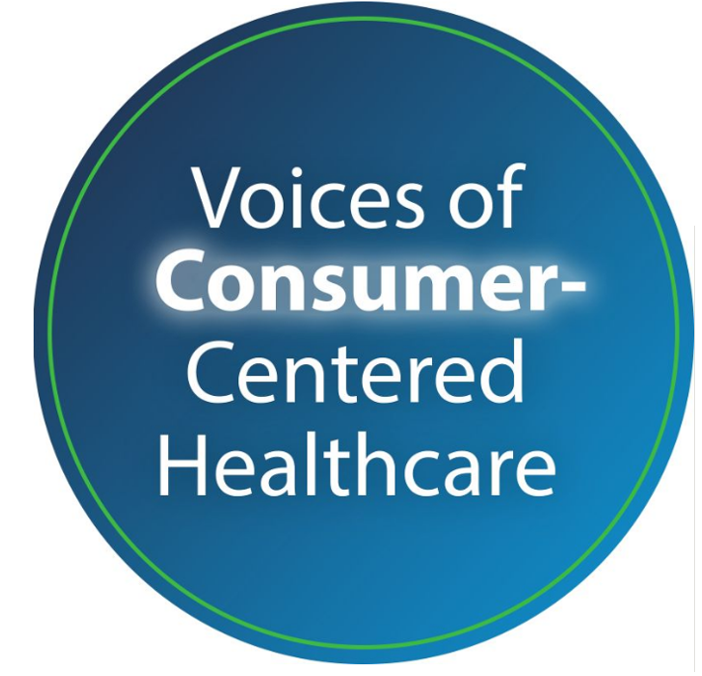“Knowing they may need to return at some later time, patients felt they were vulnerable and dependent on the good will of their physicians. Thus, deference to authority instead of genuine partnership appeared to be the participants’ mode of working,” asserts a study into physician-patient relationships published this week in Health Affairs.
The study’s title captures the top-line research finding Authoritarian Physicians and Patients’ Fear of Being Labeled ‘Difficult’ Among Key Obstacles To Shared Decision Making.
Researchers at the Palo Alto Medical Foundation Research Institute analyzed data on patients participating in focus grooups, from the age of forty and over, from five physician practices. The goal of the focus groups was to identify patieents’ beliefs about engaging in communication with physicians for shared clinical decision making.
Most patients desired collaboration with their physicians, but they felt they had to conform with being a “good” patient — that is, someone who would not challenge the authority of their physician, or question a recommendation of that doctor. These patients felt a sort of ‘fear of retribution,’ in the words of the authors, both in terms of immediate treaatment and future effects that could sour the physician on the patient and negatively influent their relationship.
Patients described their physicians as often being “authoritarian,” not “authoritative.” Some patients succumbed to the status quo — that is, not questioning doctors’ advice — and playing the role of “supplicant,” again the description of the researchers.
Tables turn, though, when patients return home, where they can seek health information to get a second opinion in the form online searching over the internet. Patients seek health information both before and after doctors’ visits, driven by their perspective that doctors don’t (1) spend sufficient time during the visit to explain themselves, and (2) being unable to comprehend all of the information the physicians tries to impart during that visit. The lack of time inhibits patients, as one described in their focus group that, “there is a little bit of an internal clock that starts to run…and I know for the doctor there’s going to be an internal clock, too.” The online world has no such clock: thus, patients feel empowered to learn “everything there is about [this] problem,” one patient described. The only way you get that is by doing your own work, a patient said.
Health Populi’s Hot Points: The Palo Alto researchers point out that the population they queried was relatively more affluent and sophisticated (in terms of health literacy) than the mainstream U.S. Thus, this study’s revelations are particularly worrisome in that even the most engaged, educated patients cower in the face of communicating with their doctors. The prospects for shared decision making are very low under this scenario.
The recommendations are:
- To provide adequate reimbursement to physicians to engage in shared decision making
- To implement sound decision support tools that help inform and empower patients
- To reorganize care in terms of teams
- To recognize that doctors and patients have different perspectives about each other – especially for physicians to respect patients’ “person-hood.”
Finally, researchers recognize that the health system at large must demonstrate that it indeed values patient empowerment and engagement. Patients don’t trust that this is the case. Until providers — notably, physicians and hospitals — signal they’re open for a new kind of business that supports patient dialogue and partnership, we won’t get to the Holy Grail of shared decision making that can truly help us jump the curve toward more cost-effective health spending and outcomes.




 Thank you, Jared Johnson, for including me on the list of the
Thank you, Jared Johnson, for including me on the list of the  I am so grateful to Tom Lawry for asking me to pen the foreword for his book, Health Care Nation,
I am so grateful to Tom Lawry for asking me to pen the foreword for his book, Health Care Nation,  Thanks to Feedspot for naming this blog, Health Populi, as a
Thanks to Feedspot for naming this blog, Health Populi, as a